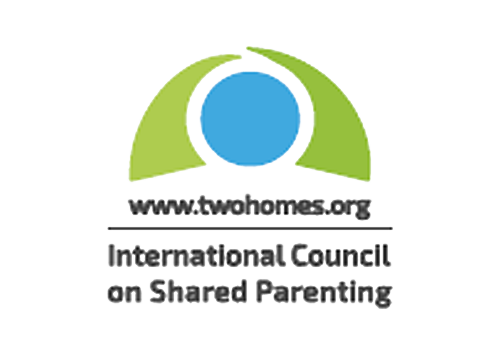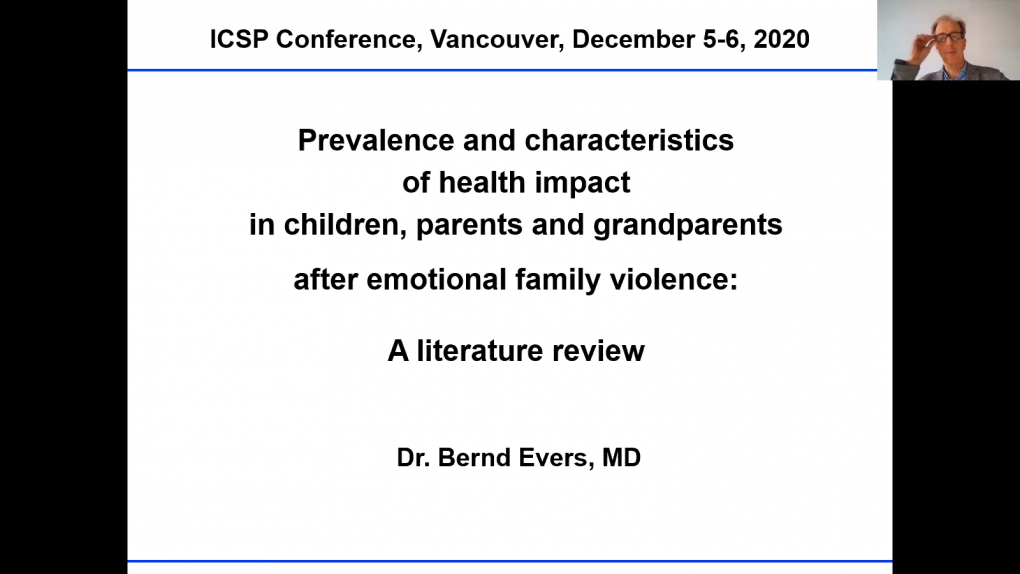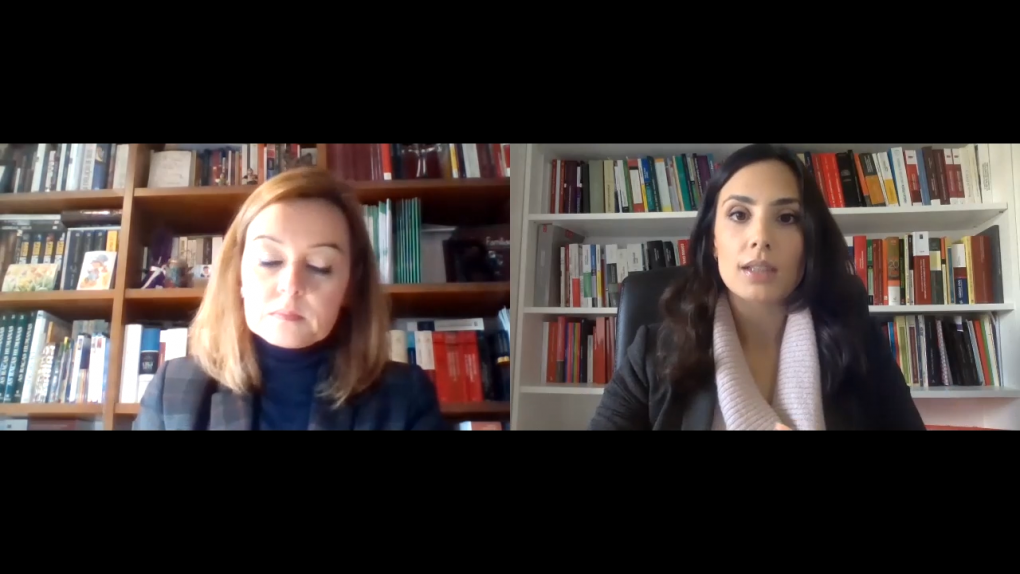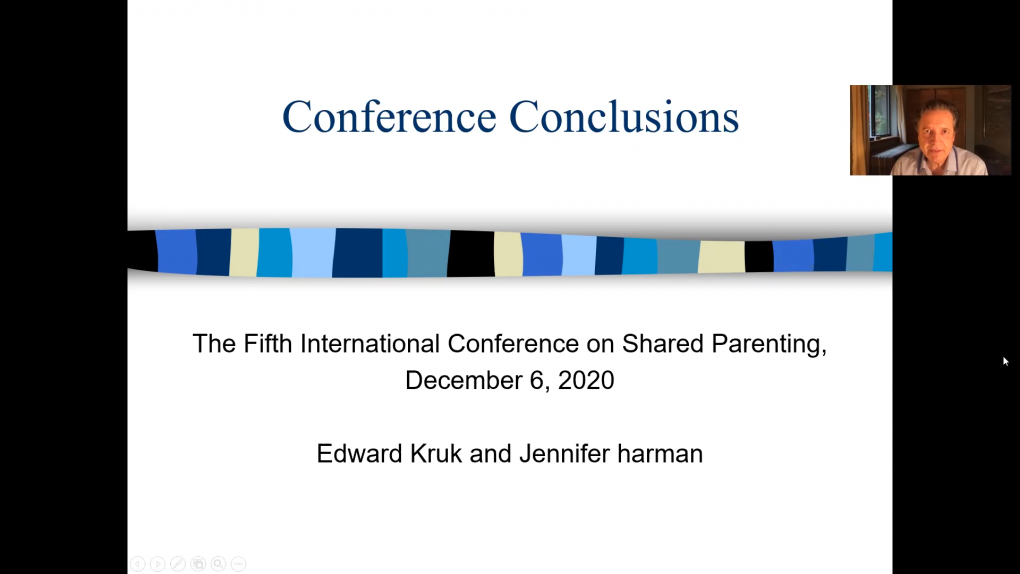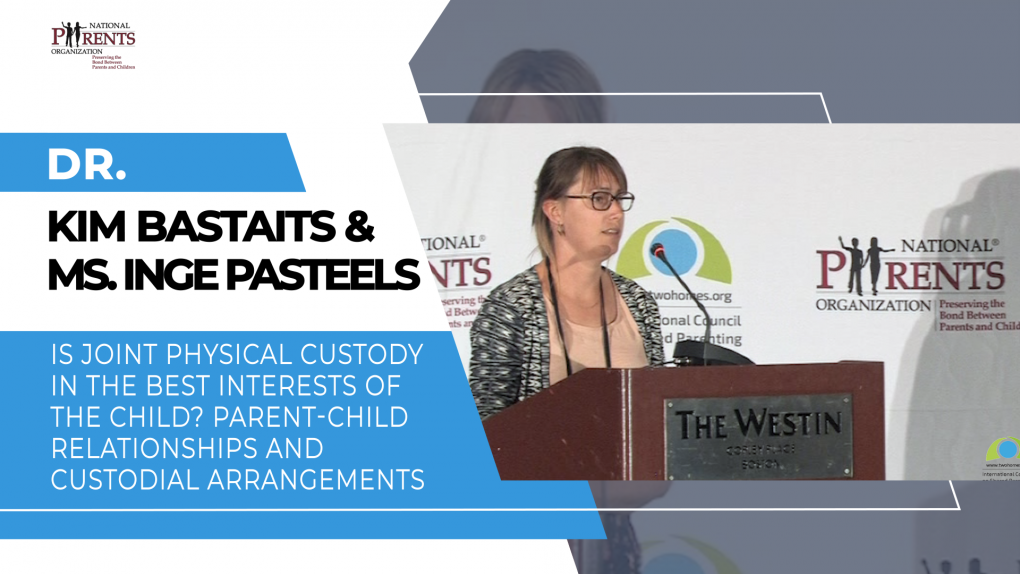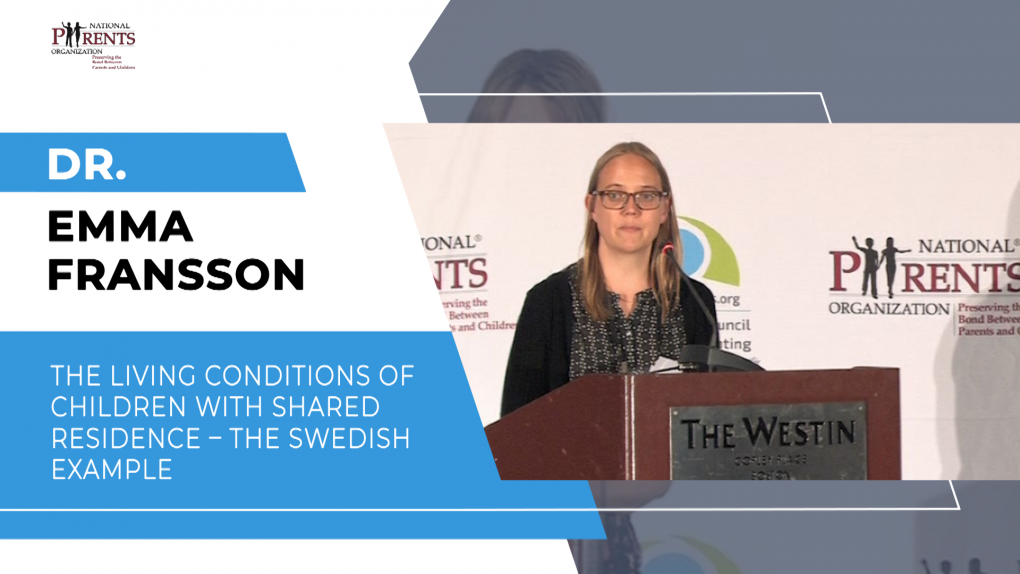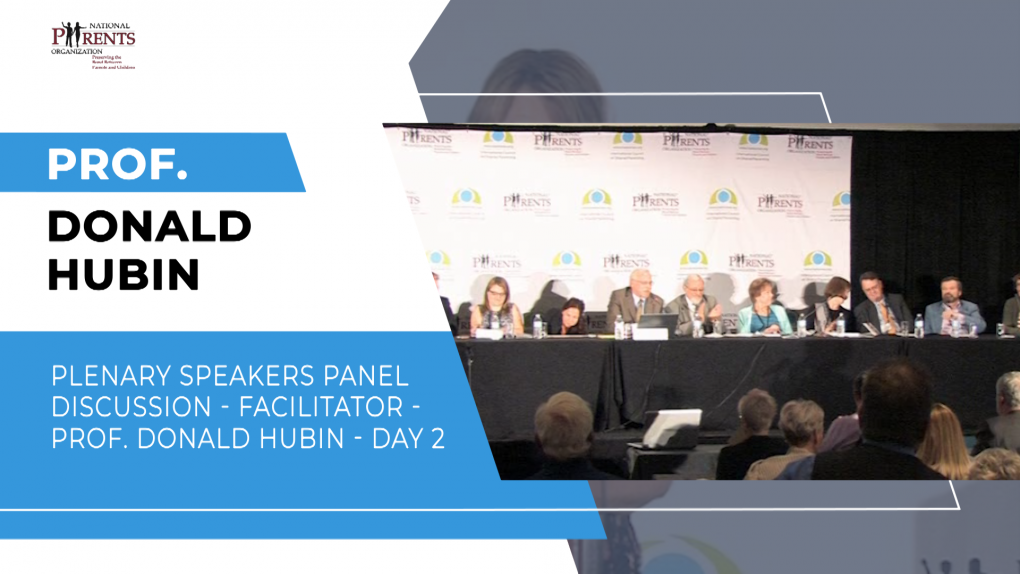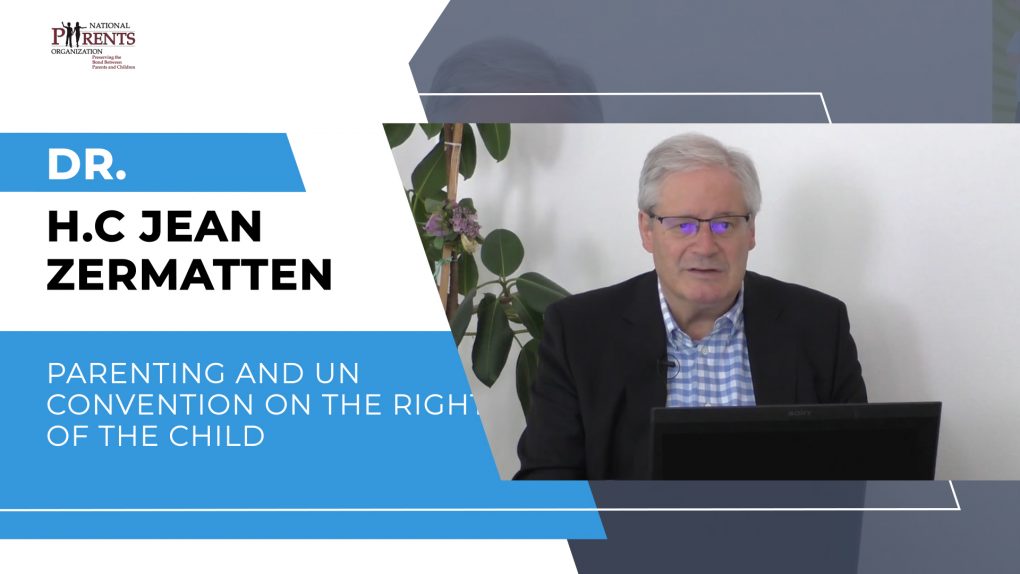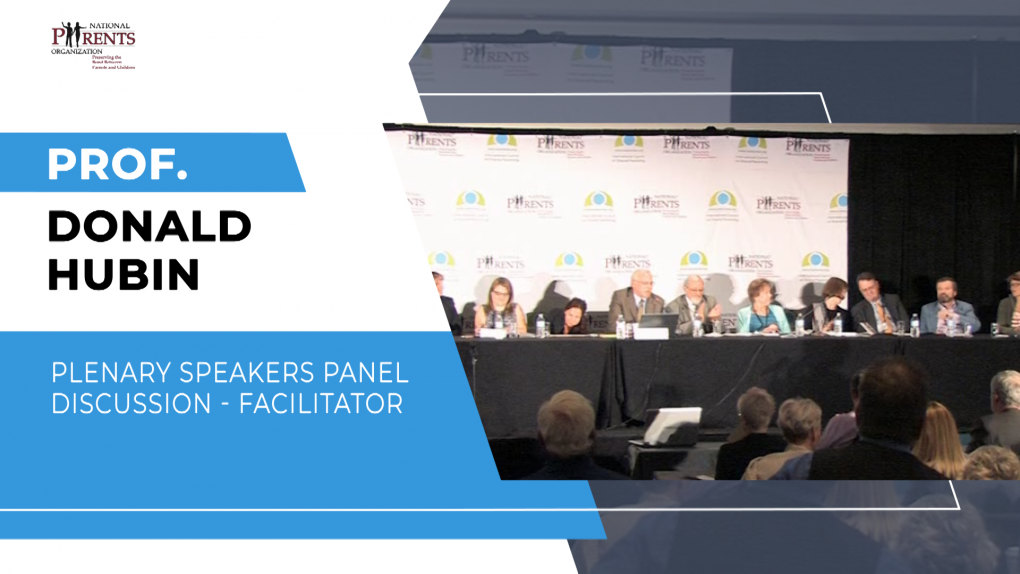Relevance of the Topic – Current Situation – Challenge – Purpose of the Study: As consequence of separation and divorce, the annual rate of affected children in Germany is calculated as to be as high as 160.000-200.000. Various German and international studies revealed a percentage of up to 70%, in which children lost one parent either substantially or totally, associated with a significant psychosomatic morbidity rate comparable with the one after death of a parent, most recently been reported by Meland et al. (2019). As of now, all over Germany a very heterogeneous procedure after separation and divorce concerning all involved actors led to very heterogeneous outcomes especially with focus on the children´s way ahead, while the role of emotional family violence has only sporadically been investigated. Therefore, the purpose of the presented meta-analysis was to provide an update on studies focusing on the health status of children, but also of parents and grand-parents exposed to emotional family violence to estimate the overall relevance and develop strategies to better prevention, diagnosis and treatment. Material/Methods: All world-wide published (1970-2020) and listed larger studies focusing on morbidity after child abuse with special focus on emotional family violence were screened and assessed with special focus on prevalence and characteristics of psycho-somatic symptoms and prognostic factors. A limited number of studies with appropriate study groups sizes and study designs was found at least covering the morbidity situation in children, why the number of studies on parents and grand-parents was extremely limited. Results: A considerably high prevalence was found in all studies primarily consisting of depressions, inferior self-awareness, eating disorders, cognitive deficits and diminished stress tolerance. Also, the social behaviour was considerably impaired including increased aggression with up to criminal activities, Also, patterns of reinsceneration of own childhood biography of emotional family violence was frequently reported. Conclusion: Exposure to emotional family violence clearly leads to a higher prevalence of psycho-somatic symptoms in children. The study situation on the health status of parents and grand-parents is very limited, however also shows significant symptoms resembling the portfolio of symptoms reported in children. In many cases the work strength is considerably limited up to early retirement due to constant high stress levels. The health-related burden to the overall society including also the socio-economic consequences are assessed to be highly relevant. However, larger studies are required to obtain further details of this highly relevant topic.
The Role of Family Mediation in Parental Conflict: Cautions in the Contexts of Family Violence
Family mediation should be used as an alternative method of resolving disputes of a privileged nature in the area of family conflicts. These are endowed with emotional characteristics that make them more suitable to another context than the judicial forum, especially parental struggles. And, at the same time, they are of a human complexity that require a different analysis in the context of mediation. Not all family and/or parental conflicts will be susceptible to mediation, and the courts will maintain all its relevance. However, the advantages of a self-composition method are increasingly visible, in the search for a solution that responds to the interests and desires of those who, in the past, shared another dynamic, in an experience of proximity and intimacy. And, at the same time, need to continue to bond as co-parents. It is important to reiterate the idea that family mediation is not a perfect formula that will resolve all family disputes. It is a better place to address and settle some of these conflicts taking into consideration that the will of the parties works as a proposition. Naturally, the need for the judicial system in family matters is not at all overlooked or ignored. It is emphasized that for some of these conflicts there is a more appropriate alternative. If the disputants reach by themselves an agreement, it is only natural that they comply with it. As a result, although it is a friendly solution, it will be more binding than a decision imposed by a third party with the power to do so. Nevertheless, it is questionable whether a couple that went through episodes of violence could be eligible for family mediation. Can one feel completely free to expose his/her thoughts when there were episodes of physical and/or psychological violence in the relationship? At the same time, some argue that mediation can mend some fences and help restore self-confidence using different techniques such as empowerment. There is some obvious ambiguity in this matter. It is important to identify which are the arguments used in this divergence and what national and international guidelines and legal framework – such as Istanbul Convention – postulate on this matter. Keywords: family mediation, domestic violence, family conflicts, alternative dispute resolution, shared parenting, parental responsibilities [1] Visiting Assistant Professor of the School of Law, University of Minho; Researcher of JusGov – Research Centre for Justice and Governance. [2] Associate Professor of the School of Law, University of Minho; Researcher of JusGov – Research Centre for Justice and Governance.
Rossana Cruz, PhD
Rossana Cruz
Phd in Law; Visiting Assistant Professor – Law School of University of Minho (PORTUGAL) and School of Management, IPCA (PORTUGAL); Researcher at JusGov- Research Centre.
(Co-Presenter Cristina Dias)
Cristina Dias, PhD
Phd in Law; Associate Professor and Dean – Law School of University of Minho (PORTUGAL); Director of the Master Course on Child, Family and Inheritance Law on Law School of University of Minho; Researcher at JusGov- Research Centre.
(Co-Presenter is Rossana Cruz)
Conference Conclusions ICSP 2020
Edward Kruk, PhD Dr. Edward Kruk is Associate Professor in the School of Social Work at the University of British Columbia, President of the International Council on Shared Parenting, and Co-chair of the Scientific Committee of the Fifth International Conference on Shared Parenting. His research and teaching are focused on child and family policy and practice, and he has published …
Is joint physical custody in the best interest of the child? Parent-child relationships and custodial arrangements.
In legislation, there has been a shift from sole custody, mainly for mothers, to joint physical custody. This is believed to be in the best interest of the child, as children can maintain a good relationship with both their mother and their father after a parental divorce.
The living conditions of children with shared residence – the Swedish example
Among children with separated parents, shared residence – i.e., joint physical custody where the child is sharing his or her time equally between two custodial parents’ homes – is increasing in many Western countries and is particularly common in Sweden.
Plenary Session – Plenary Speakers Panel Discussion Day 2
Facilitator: Prof. Donald Hubin Ohio State University, USA
Speakers:
Dr. Michael Lamb Cambridge University, UK
Prof. Edward Kruk ISCP President, University of British Columbia, Canada
Dr. Malin Bergström Karolinska Institute, Sweden
Prof. Hildegund Sünderhauf Lutheran University of Applied Sciences Nuremberg, Germany
Prof. Patrick Parkinson University of Sydney, Australia
Dr. William Austin Child Custody Services, USA
Parenting and the UN Convention on the Rights of the Child
Parenting and the UN Convention on the Rights of the Child
Plenary Speakers Panel Discussion – Facilitator – Prof. Donald Hubin – Day 1
Facilitator:
Prof. Donald Hubin Ohio State University, USA
Speakers:
Dr. Richard Warshak University of Texas Southwestern Medical Center, USA
Dr. Irwin Sandler Arizona State University, USA
Dr. Kari Adamsons University of Connecticut, USA
Dr. Sanford Braver Arizona State University, USA
Dr. Pamela Ludolph University of Michigan, USA
Dr. William Fabricius Arizona State University, USA
Dr. Linda Nielsen Wake Forest University, USA

